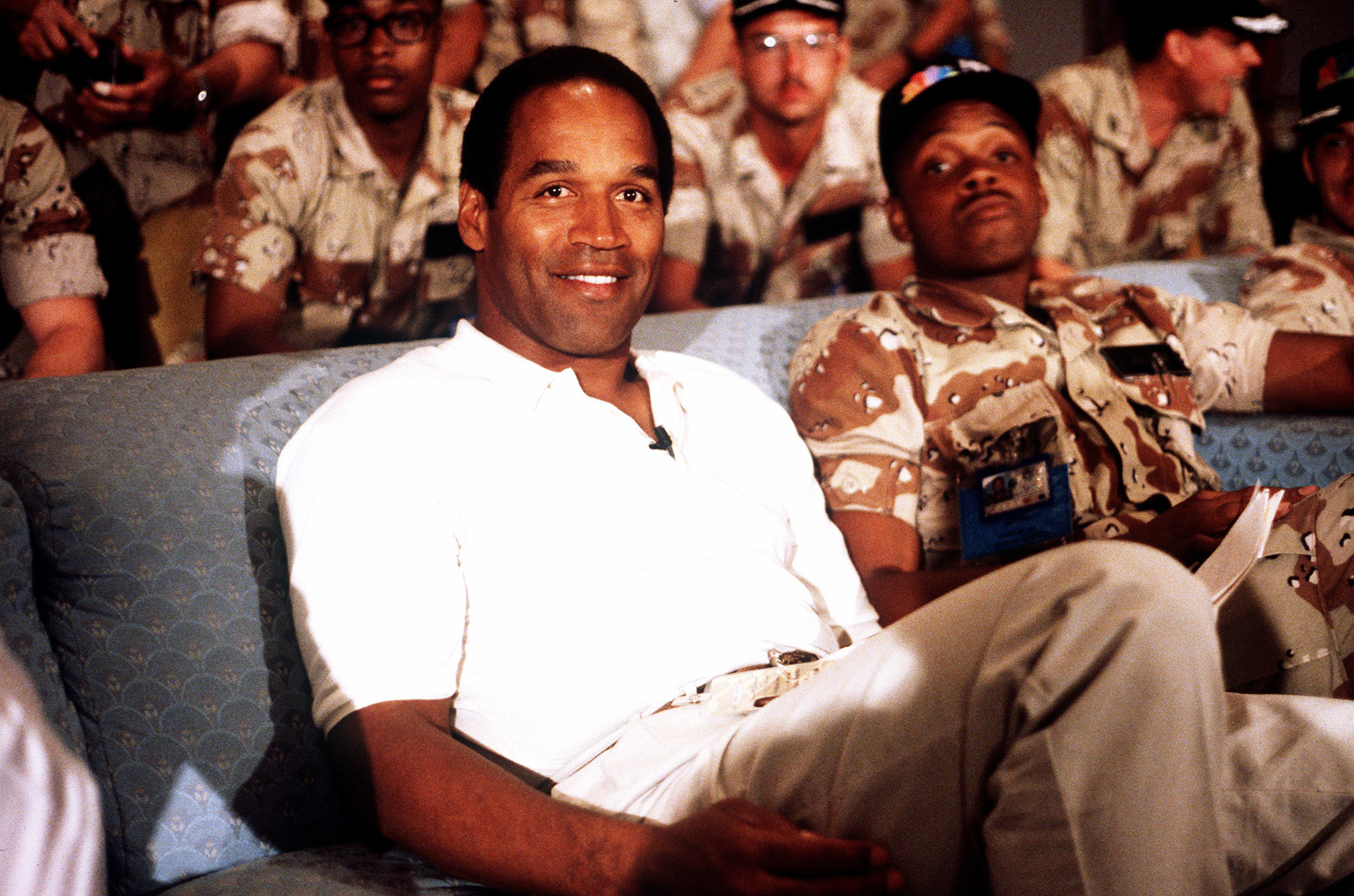by Zack Peñalva, Sports Editor
While some may argue otherwise, the athletic world can provide just as great a stage for drama and emotion as any professional theater in the world. There are historic moments in nearly every sport that come straight out of traditional storytelling. There are tragedies and comedies, falls from grace and stories of redemption; stories about real people giving everything they have to accomplish something. So why is it that in a realm that offers so many compelling narratives, so few have been properly translated to the big screen?
On February 26, the 89th Academy Awards will present Oscars honoring the best films of 2016. Since the award show’s inception, only 12 sports movies have won any awards. This year, in the 24 categories, 63 different films are nominated; of those, only a single one pulls its story from the sports world.
ESPN’s five-part documentary series O.J.: Made in America received a nod in the feature-length documentary category. It follows one of the greatest tragic falls of any athlete in history. OJ Simpson: Heisman winner, NFL MVP, a member of the NFL 1970’s All-Decade team, sees his entire life and legacy go up in smoke. He becomes the lead suspect in a highly publicized murder trial, leads police on a nationally televised chase and is eventually acquitted among questionable circumstances.
The series has been critically acclaimed; it received a perfect 100 among critics and 97 percent audience score on rottentomatoes.com. Jeff Jensen of Entertainment Weekly called it “Extraordinary on so many levels,” while Hank Steuver from the Washington Post said that, “the story has at last been perfectly captured and perfectly told.”
That mastery of storytelling has been absent from other sports movies this year, as only a fraction of those that were released received any positive press. Part of it can be blamed on the filmmakers relying on the same old clichés as they build a sports movie.
There have been plenty of successful boxing stories, both fictional and biographical, with greats like Rocky (10 nominations, 3 wins), Million Dollar Baby (7 nominations, 5 wins), and Raging Bull (8 nominations, 2 wins). In 2016, Bleed for This and Hands of Stone tried to emulate their predecessors and ended up falling short. Bleed got a 71 percent from critics, with one remarking that it “keeps you squarely in your seat, but barely once excites you enough to leap up out of it.” Hands of Stone received a 45 percent and was called “traditional and uninspired.”
While any genre is susceptible clichés, sports movies do often find themselves especially vulnerable. The underdog story can only get told so many times before no one cares anymore. Last year’s Eddie The Eagle followed a pretty formulaic plot but got a pass due to its relatively untapped source material: ski jumping. Even with favorable reviews from critics and audiences, the Academy ignored Eddie, a sign that it takes more than good-feels to win over voters.
It brings us back to the original question: why do so many sports movies fail to adequately capture the emotion that captivates millions of fans around the world? Maybe it’s because reality is more compelling than fiction. When a batter steps up to the plate with the bases
loaded and the score tied in the bottom of the ninth, he writes his own narrative. We the fans are watching a story that’s never been told before and will never be told again, something Hollywood will never be able to replicate.


